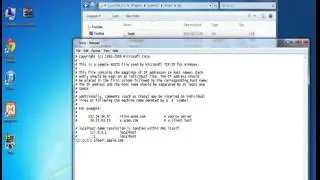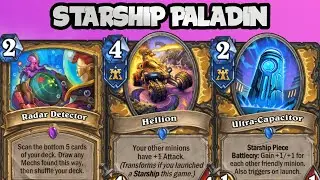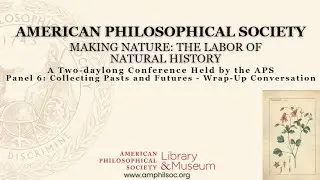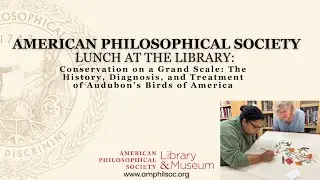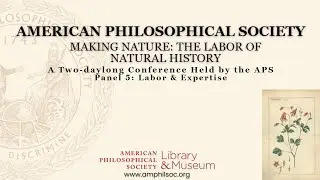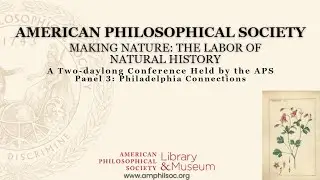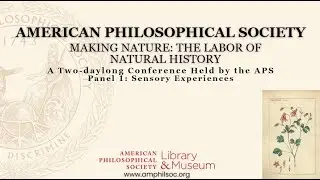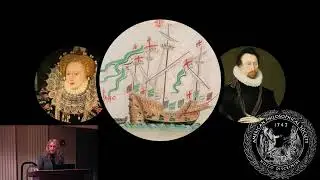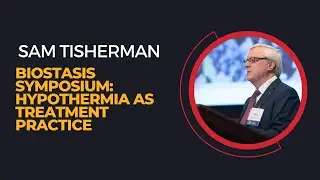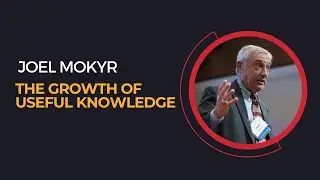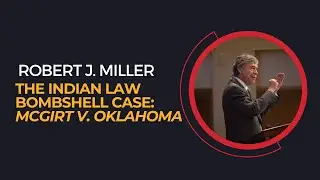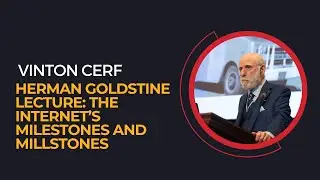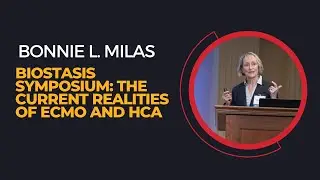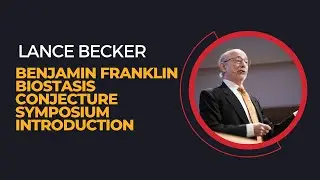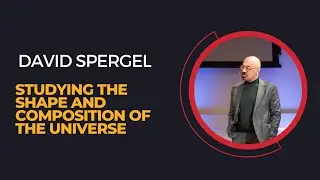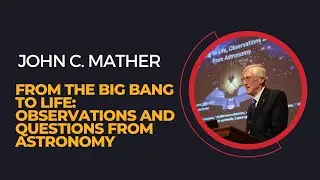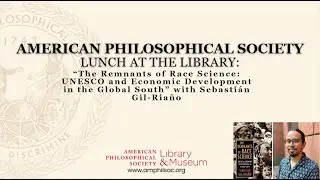From the Big Bang to Life, Observations and Questions from Astronomy - John C. Mather
At the April 2024 Meeting of the American Philosophical Society, John C. Mather, Senior Astrophysicist in the Observational Cosmology Laboratory, The National Aeronautics and Space Administration's Goddard Space Flight Center, gave the talk "From the Big Bang to Life, Observations and Questions from Astronomy."
About the speaker:
John Cromwell Mather (born August 7, 1946) is an American astrophysicist, cosmologist and Nobel Prize in Physics laureate for his work on the Cosmic Background Explorer Satellite (COBE) with George Smoot.
This work helped cement the big-bang theory of the universe. According to the Nobel Prize committee, "the COBE-project can also be regarded as the starting point for cosmology as a precision science."
Mather is a senior astrophysicist at the NASA Goddard Space Flight Center (GSFC) in Maryland and adjunct professor of physics at the University of Maryland College of Computer, Mathematical, and Natural Sciences. In 2007, Time magazine listed Mather among the 100 Most Influential People in The World. In October 2012, he was listed again by Time magazine in a special issue on New Space Discoveries as one of the 25 most influential people in space.
Mather is one of the 20 American recipients of the Nobel Prize in Physics to sign a letter addressed to President George W. Bush in May 2008, urging him to "reverse the damage done to basic science research in the Fiscal Year 2008 Omnibus Appropriations Bill" by requesting additional emergency funding for the Department of Energy's Office of Science, the National Science Foundation, and the National Institute of Standards and Technology.
Mather served as the senior project scientist for the James Webb Space Telescope (JWST) from 1995 until 2023, when he was succeeded by Jane Rigby.
Chapters:
00:00 - Introduction: Reflections on Astronomy’s Progress
01:19 - The James Webb Space Telescope: A Collective Achievement
02:38 - Exploring Our Cosmic Origins and Big Questions
04:42 - The Universe’s Expansion and the “Big Bang” Misconception
07:08 - Quantum Mechanics and the Nature of Particles
08:50 - Gravity and the Formation of Stars and Galaxies
10:30 - Edwin Hubble’s Discovery of an Expanding Universe
12:20 - Cosmic Microwave Background and Early Universe Observations
14:05 - The James Webb’s New Discoveries and Deep Space Images
17:24 - Observing the “Pillars of Creation” and Star Birth
19:50 - Finding Earth-Like Planets and Life Beyond
22:00 - Future Telescopes and Dark Matter Exploration
24:03 - Mysteries of the Universe: Dark Matter, Dark Energy, and More
27:30 - Surprising Results and Beauty of Webb Telescope Images
About the American Philosophical Society:
The American Philosophical Society, the oldest learned society in the United States, was founded in 1743 by Benjamin Franklin for the purpose of “promoting useful knowledge.” In the 21st century we sustain this mission in three principal ways. We honor and engage leading scholars, scientists, and professionals through elected membership and opportunities for interdisciplinary, intellectual fellowship, particularly in our semi-annual Meetings. We support research and discovery through grants and fellowships, lectures, publications, prizes, exhibitions, and public education. We serve scholars through a research library of manuscripts and other collections internationally recognized for their enduring historic value. The American Philosophical Society’s current activities reflect the founder’s spirit of inquiry, provide a forum for the free exchange of ideas, and convey our conviction that intellectual inquiry and critical thought are inherently in the best interest of the public.
#aps #americanphilosophicalsociety #astronomy




![How to make planets in Geometry Dash 2.1 (Basic Tutorial) [Kentakiman]](https://images.videosashka.com/watch/XQWc3zK803o)

